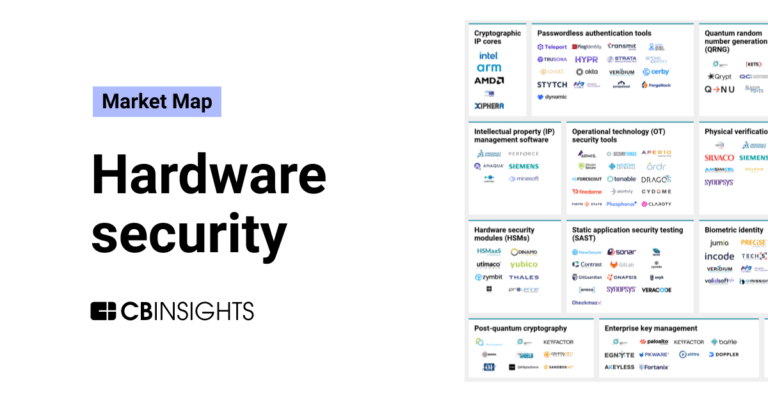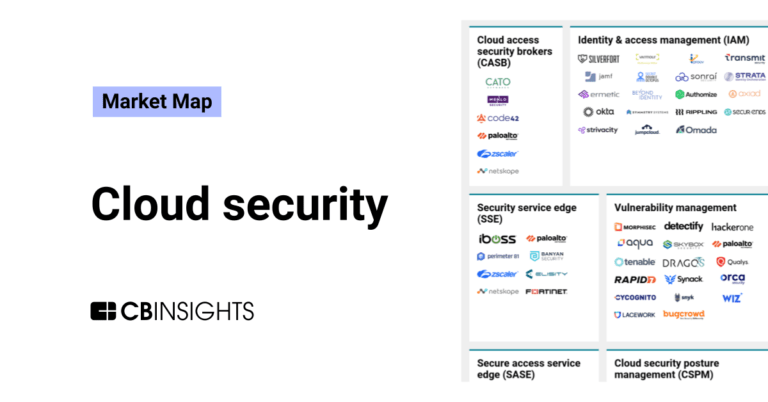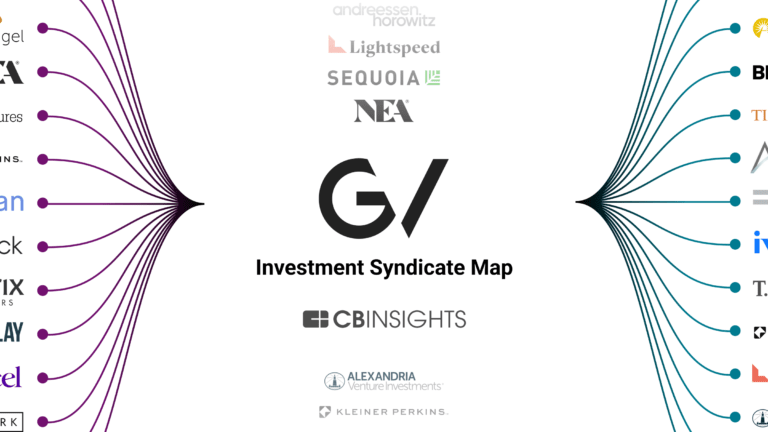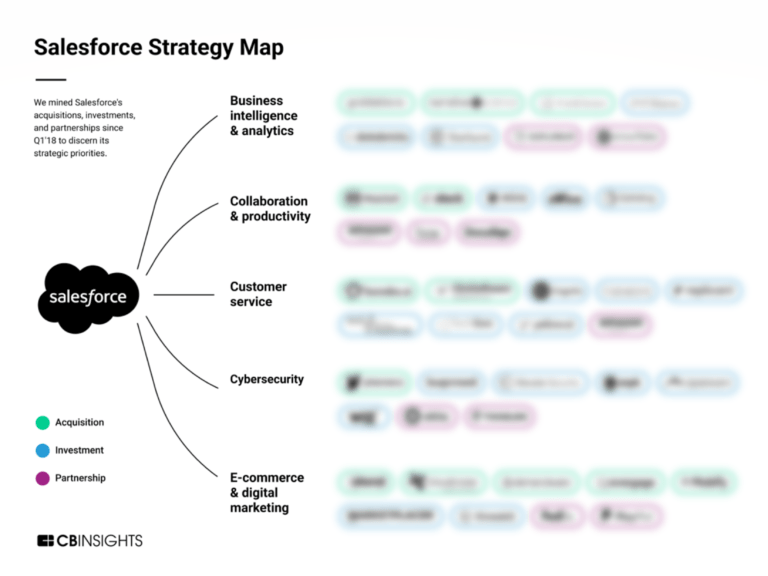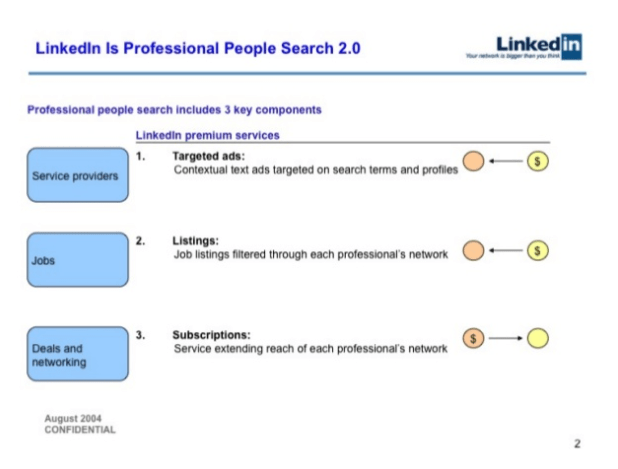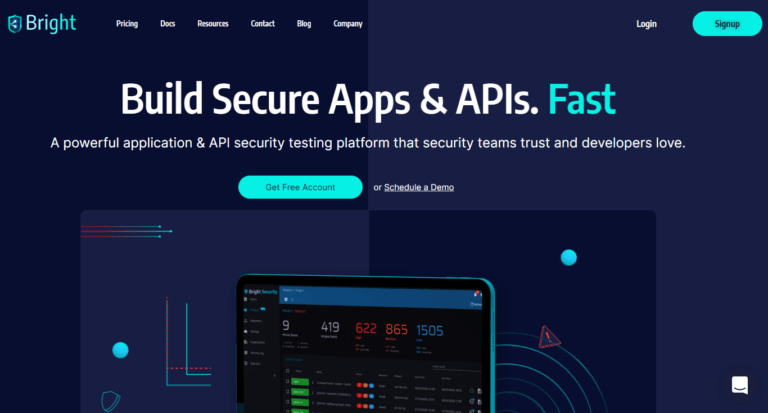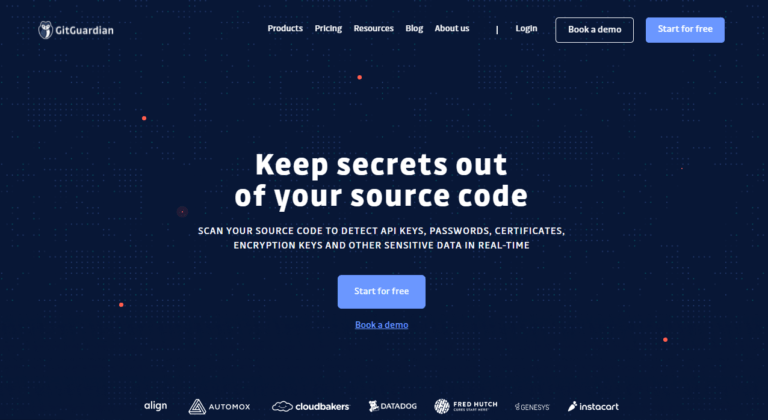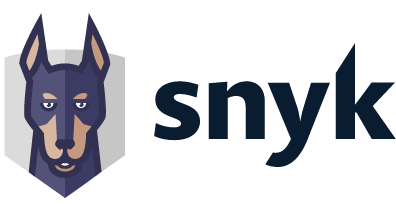
Snyk
Founded Year
2015Stage
Corporate Minority | AliveTotal Raised
$1.247BLast Raised
$25M | 2 yrs agoRevenue
$0000Mosaic Score The Mosaic Score is an algorithm that measures the overall financial health and market potential of private companies.
+4 points in the past 30 days
About Snyk
Snyk focuses on developer security within the technology industry. The company offers services that help developers build secure applications and allow security teams to meet the demands of the digital world. Its services include finding and fixing vulnerabilities in code, dependencies, containers, and infrastructure as code. It was founded in 2015 and is based in Reading, United Kingdom.
Loading...
ESPs containing Snyk
The ESP matrix leverages data and analyst insight to identify and rank leading companies in a given technology landscape.
The vulnerability management market offers solutions to help organizations identify and prioritize vulnerabilities in their IT systems, networks, and applications. These solutions aim to reduce the risk of cyber attacks and data breaches by providing insights into potential security gaps and offering guidance on how to remediate them. The market includes a range of vendors with different value pro…
Snyk named as Outperformer among 15 other companies, including Tata Consultancy Services, Palo Alto Networks, and Wiz.
Loading...
Research containing Snyk
Get data-driven expert analysis from the CB Insights Intelligence Unit.
CB Insights Intelligence Analysts have mentioned Snyk in 8 CB Insights research briefs, most recently on Feb 20, 2024.
Expert Collections containing Snyk
Expert Collections are analyst-curated lists that highlight the companies you need to know in the most important technology spaces.
Snyk is included in 6 Expert Collections, including Unicorns- Billion Dollar Startups.
Unicorns- Billion Dollar Startups
1,244 items
Artificial Intelligence
14,769 items
Companies developing artificial intelligence solutions, including cross-industry applications, industry-specific products, and AI infrastructure solutions.
AI 100
200 items
The winners of the 4th annual CB Insights AI 100.
Cybersecurity
9,688 items
These companies protect organizations from digital threats.
Tech IPO Pipeline
257 items
The tech companies we think could hit the public markets next, according to CB Insights data.
Defense Tech
1,268 items
Defense tech is a broad field that encompasses everything from weapons systems and equipment to geospatial intelligence and robotics. Company categorization is not mutually exclusive.
Snyk Patents
Snyk has filed 9 patents.
The 3 most popular patent topics include:
- software testing
- data management
- free package management systems

Application Date | Grant Date | Title | Related Topics | Status |
|---|---|---|---|---|
11/19/2021 | 7/23/2024 | Graph algorithms, Directed graphs, Order theory, Data modeling, Data management | Grant |
Application Date | 11/19/2021 |
|---|---|
Grant Date | 7/23/2024 |
Title | |
Related Topics | Graph algorithms, Directed graphs, Order theory, Data modeling, Data management |
Status | Grant |
Latest Snyk News
Sep 19, 2024
Copied This article explores the core best practices for optimizing your CI/CD processes and reviews popular CI/CD tools to help you accelerate development while minimizing errors. 1. Automate Everything Automation is the cornerstone of any successful CI/CD pipeline. The more manual intervention a process requires, the more prone it is to errors and bottlenecks. Start by automating the build process, testing, and deployment. Use infrastructure-as-code (IaC) tools like Terraform or Ansible to automate the provisioning and configuration of your environments. At each stage of the pipeline—integration, testing, or delivery—ensure that tasks are scripted and executed programmatically. Automating everything saves time and makes your processes repeatable, guaranteeing consistency across environments and minimizing human error. 2. Implement Version Control for Everything Version control isn’t just for source code. Version control should extend to configuration files, infrastructure-as-code scripts, and deployment pipelines. Tools like Git and Mercurial ensure that changes are tracked, auditable, and reversible. This practice allows your team to roll back any undesired changes quickly and confidently. Additionally, integrate version control into your CI pipeline by automatically triggering builds whenever new code is committed. This approach keeps the development process streamlined and responsive, reducing downtime and potential conflicts. 3. Adopt Trunk-Based Development One of the main drivers behind CI/CD’s efficiency is the ability to merge small, frequent changes into the main codebase, known as trunk-based development. This technique minimizes long-lived feature branches, reducing merge conflicts and integration issues. Regularly committing minor modifications to the main branch ensures the system remains deployable. To support trunk-based development, implement continuous integration by setting up a system where every commit triggers an automated build and test process. This reduces the risk of defects and helps maintain a healthy codebase. 4. Prioritize Automated Testing Testing is one of the most crucial components of a CI/CD pipeline. Without robust, automated tests, you risk pushing buggy code into production, leading to costly rollbacks or system downtime. Aim to implement the following types of automated testing: Unit tests: Validate the smallest pieces of functionality in isolation. Integration tests: Ensure that different modules or services work together as expected. End-to-end tests: Simulate real-world user interactions to validate the entire application workflow. Performance tests: Assess how the system performs under load, ensuring it meets the required performance benchmarks. Test-driven development (TDD) can be a great way to prioritize test coverage from the outset. 5. Monitor and Optimize Feedback Loops CI/CD thrives on fast, iterative feedback loops. For this reason, it’s important to optimize how feedback is delivered to developers and operations teams. Use monitoring and alerting tools to provide insights into the health of your builds, tests, and deployments. Feedback should be timely—immediate notifications of failed builds, security issues, or performance bottlenecks allow teams to address problems before they become critical. Tools like Prometheus and Grafana can help you monitor system health, while Jenkins, CircleCI, or Travis CI can provide instant feedback on the success or failure of builds and deployments. 6. Security as Code DevOps teams must embed security checks directly into their CI/CD pipelines as security concerns continue to rise. This concept, often called DevSecOps , shifts security left in the development lifecycle. Security checks should be automated and applied continuously, from code analysis for vulnerabilities to enforcing security policies for infrastructure. Use tools like Snyk, Checkmarx, or SonarQube to automate code vulnerability scanning and adopt security testing at various pipeline stages. Ensuring security is integrated early and consistently reduces the chances of vulnerabilities slipping into production environments. 7. Leverage Containerization Containerization with tools like Docker and Kubernetes is crucial for standardizing your application environment. Containers ensure consistency between development, testing, and production environments by packaging code and its dependencies into a portable, isolated unit. This eliminates the infamous "works on my machine" problem and simplifies scaling in production. Integrating containerization into your CI/CD pipelines enables rapid, consistent deployments across diverse platforms. Combined with orchestration tools like Kubernetes, containerization facilitates automated scaling and management of microservices. CI/CD Tools to Consider The success of a CI/CD pipeline is heavily influenced by the tools you select. Here are some of the most popular CI/CD tools , each with its unique strengths: Jenkins: A highly flexible, open-source automation server that integrates with hundreds of plugins for building, testing, and deploying code. GitLab CI: Integrated with GitLab, this tool provides seamless version control, CI/CD, and monitoring features within one platform. CircleCI: Known for its performance and ease of use, CircleCI offers powerful automation capabilities and supports a wide range of programming languages and environments. Travis CI: Popular for its simplicity and strong GitHub integration, making it a go-to tool for open-source projects. AWS CodePipeline: A fully managed CI/CD service that integrates directly with other AWS services, making it an excellent choice for teams using AWS infrastructure. Conclusion CI/CD is an essential component of a modern DevOps practice. Adopting the best practices outlined here, from automating your processes to embedding security and testing throughout the pipeline, you can ensure that your team delivers high-quality software rapidly and reliably. Choose the right tools, continuously optimize feedback loops, and remain committed to a culture of automation and continuous improvement—your pipelines will become more efficient, resilient, and scalable. These practices are not just best for today but set the foundation for long-term success in an increasingly competitive software development landscape.
Snyk Frequently Asked Questions (FAQ)
When was Snyk founded?
Snyk was founded in 2015.
Where is Snyk's headquarters?
Snyk's headquarters is located at Highlands House, Basingstoke Road, Reading.
What is Snyk's latest funding round?
Snyk's latest funding round is Corporate Minority.
How much did Snyk raise?
Snyk raised a total of $1.247B.
Who are the investors of Snyk?
Investors of Snyk include ServiceNow, BOLDstart Ventures, Tiger Global Management, Sands Capital, Qatar Investment Authority and 29 more.
Who are Snyk's competitors?
Competitors of Snyk include ReversingLabs, Chainguard, MergeBase, PortSwigger, Vidoc Security Lab and 7 more.
Loading...
Compare Snyk to Competitors

Checkmarx operates as an application security testing company. It provides software solutions to identify, fix, and block security vulnerabilities in websites and mobile applications. It also provides a way for organizations to introduce security into their software development lifecycle. The company was founded in 2006 and is based in Atlanta, Georgia.
Qwiet AI focuses on artificial intelligence (AI)-powered application security within the cybersecurity sector. The company offers a platform that leverages artificial intelligence and a patented code property graph to scan codebases for vulnerabilities, prioritize them, and provide insights for secure software development. Qwiet AI's services cater to the cybersecurity needs of various sectors, including retail and healthcare, by integrating preventive security measures into the software development lifecycle. It was founded in 2016 and is based in San Jose, California.

Veracode focuses on intelligent software security in the technology industry. The company offers a software security platform to continuously find and fix flaws and vulnerabilities in software throughout the development lifecycle using artificial intelligence (AI). It primarily sells to sectors such as the public sector, financial services, software and technology, retail and e-commerce, and healthcare. Veracode was formerly known as Veracode Securities Corporation. It was founded in 2006 and is based in Burlington, Massachusetts.

Mend provides an automated remediation for open source and custom code to improve application security. Its products include Mend Supply Chain Defender, Mend Renovate, Mend SAST, and more. It offers application security, software supply chain security, software bill of materials (SBOM), open source license compliance, open source security, and open source audit. It was formerly known as WhiteSource. The company was founded in 2011 and is based in Givatayim, Israel.

Contrast Security provides application security software. It enables software applications to protect against cyber attacks and offers solutions such as compliance testing, automated penetration testing, application security monitoring, and more. The company provides solutions for government, financial services, healthcare, and more. It was founded in 2014 and is based in Los Altos, California.

GitGuardian is a cybersecurity startup. It operates in the technology industry, focusing on the issue of secrets sprawling through source code. The company offers services that automate secret detection for application security and data loss prevention, helping developers, operations, security, and compliance professionals secure software development and enforce policies across all their systems. GitGuardian's solutions monitor both public and private repositories, detect secrets, and alert users to allow for quick investigation and remediation. It was founded in 2017 and is based in Paris, France.
Loading...
